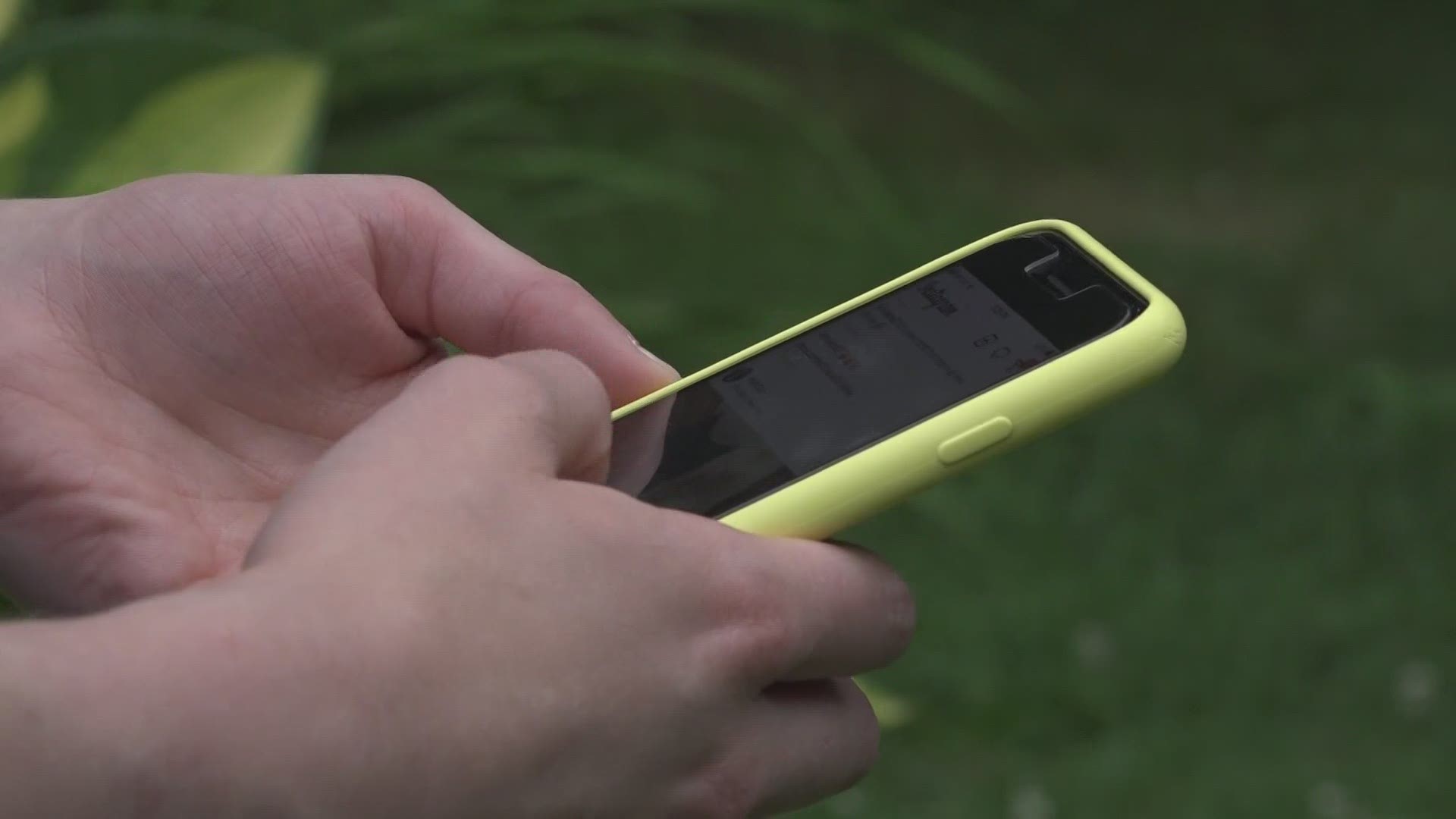CUMBERLAND, Maine — One of the most important cornerstones of democracy in the United States is freedom of speech. The digital age, fraught with social media, has presented unchartered territory, made clear in a Supreme Court ruling last week, related to students' first amendment rights.
In "Mahonoy Area School District versus Brandi Levy," the Supreme Court ruled in favor of student Levy, who was suspended from her school's J.V. cheerleading squad after making a post on Snapchat, cursing because she didn't make the varsity team. Since this post was made off-campus and didn't target or threaten anyone, in particular, the Supreme Court ruled that the school district didn't have sufficient cause to restrict Levy's First Amendment rights.
Dmitry Bam, vice dean at the University of Maine School of Law, says he wasn't surprised by the eight to one decision.
"The court has been much more protective on the First Amendment in recent years, and there's kind of a union between the left and the right on the Court on the First Amendment," Bam explained.
Bam says guidelines around free speech can be "hard to draw", so he thinks people are expecting the court to grapple with these questions. It's a conversation he says he believes is essential, as the world navigates an era of online connection.
"One of the concerns the court had is if you can regulate off-campus speech -- well, then the school could kind of control the student 24 hours a day," Bam said.
The ACLU of Pennsylvania represented Levy in this case. Zachary Heiden, chief counsel of the ACLU of Maine, called the Supreme Court's decision "excellent".
"Part of the students' education is learning how to be participants in our democracy," Heiden expressed. "To be involved in leading a democracy, you have to be able to speak freely."
In light of the ruling, some school districts in Maine are reconsidering where they should and shouldn't intervene. Jeff Porter, superintendent at MSAD 51 (which includes Cumberland and North Yarmouth), says even though the Supreme Court ruled in favor of the student and not the school district, he thinks it has helped establish some helpful guidelines for schools to follow.
"I think there's been some graying of those lines over the years," Porter said about the question of when schools should get involved. "Because there's been no other guidance for decades, schools are almost asked to take care of a lot of things off campus that, quite honestly, we probably shouldn't be dealing with."
Per the Supreme Court's decision, if off-campus speech targets other school members with significant bullying or harassment or disrupts the school's academic mission, the school should intervene. The time of day (whether within or outside of school hours) and the device used (whether or not school property) could also be factored in decision-making.
A more virtual way of life during the pandemic has created new considerations, too. For example, Porter says MSAD 51 considers Zoom classes to be in-class or in school, which means similar etiquette and protocol applies -- but the question remains as to how far that reach extends. Superintendent Gregg Palmer with the Brewer School Department says he and his staff are considering the creation of an "alternative virtual schoolhouse" that would be connected to Brewer -- which would bring with it new territory.
"We would expect that all the limits that we have in the building exist in that virtual schoolhouse," Palmer said.
For him, a key priority in the issue of students' freedom of speech is finding balance -- and allowing students to learn.
"The exploration of the world is not always a comfortable exploration," Palmer expressed. "It's not always polite, and it's not always popular."
Bam says the Supreme Court's ruling in "Mahonoy Area School District versus Brandi Levy" would allow states and districts to make some rules that make sense for themselves when addressing First Amendment rights among students.

